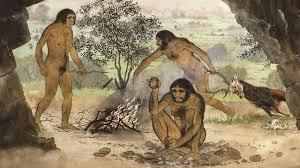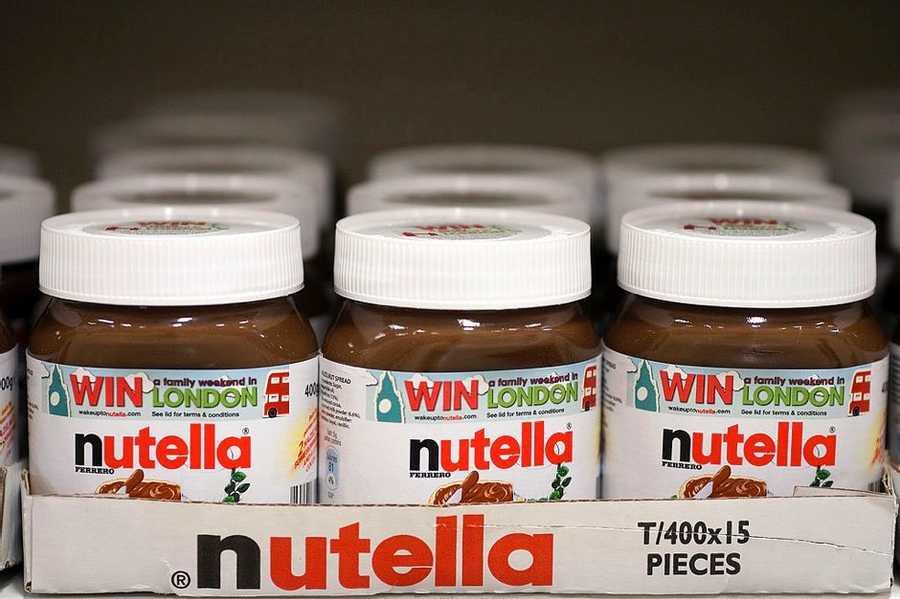Explore the World's Best Ideas
Join today and uncover 100+ curated journeys from 50+ topics. Unlock access to our mobile app with extensive features.
Processed Food in History
The need for food preservation has historically led the Ancient humans to develop techniques to process food.
From learning to control fire to grinding grains, our ancestors have been able to process food in a variety of ways.
58
420 reads
Evolution: Shaping Up Humans
Processed food has aided the evolution of Homo Sapiens: As food became easy to eat and digest, our jaws and teeth became less powerful and smaller.
The shape of our brains and even the development of language resulted partially from our eating habits in our evolutionary path.
60
749 reads
Changes in DNA
Processed food has changed our DNA and the way we look.
The current crop of super processed foods is altering our insulin resistance, teeth, metabolism, brain chemistry, and internal organs.
79
361 reads
The Rise Of Processed Food
Shortages of key ingredients during war-time and the rising need to work for the middle class led to households adopting processed food as an alternative to slow-cooked, authentic home food.
Powdered milk/custard, cereals, pre-made sauces, and biscuits started dominating the dining table due to time shortage and convenience.
51
253 reads
Added Ingredients
Processed food has earned a reputation for being high in saturated fat, sugar, and salt.
Another major concern about processed foods is the long list of complicated ingredients that are cryptic to decode, added to enhance flavor, preserve color, improve consistency, keep ingredients mixed and preserve for longer.
44
278 reads
IDEAS CURATED BY
Emily Q.'s ideas are part of this journey:
Learn more about health with this collection
The benefits of a bedtime routine
How to improve your sleep quality
How to create a relaxing sleep environment
Related collections
Similar ideas
6 ideas
5 ideas
5 Most Confusing Health Halo Food Terms
health.com
5 ideas
How ultra-processed food took over your shopping basket
theguardian.com
Read & Learn
20x Faster
without
deepstash
with
deepstash
with
deepstash
Personalized microlearning
—
100+ Learning Journeys
—
Access to 200,000+ ideas
—
Access to the mobile app
—
Unlimited idea saving
—
—
Unlimited history
—
—
Unlimited listening to ideas
—
—
Downloading & offline access
—
—
Supercharge your mind with one idea per day
Enter your email and spend 1 minute every day to learn something new.
I agree to receive email updates





